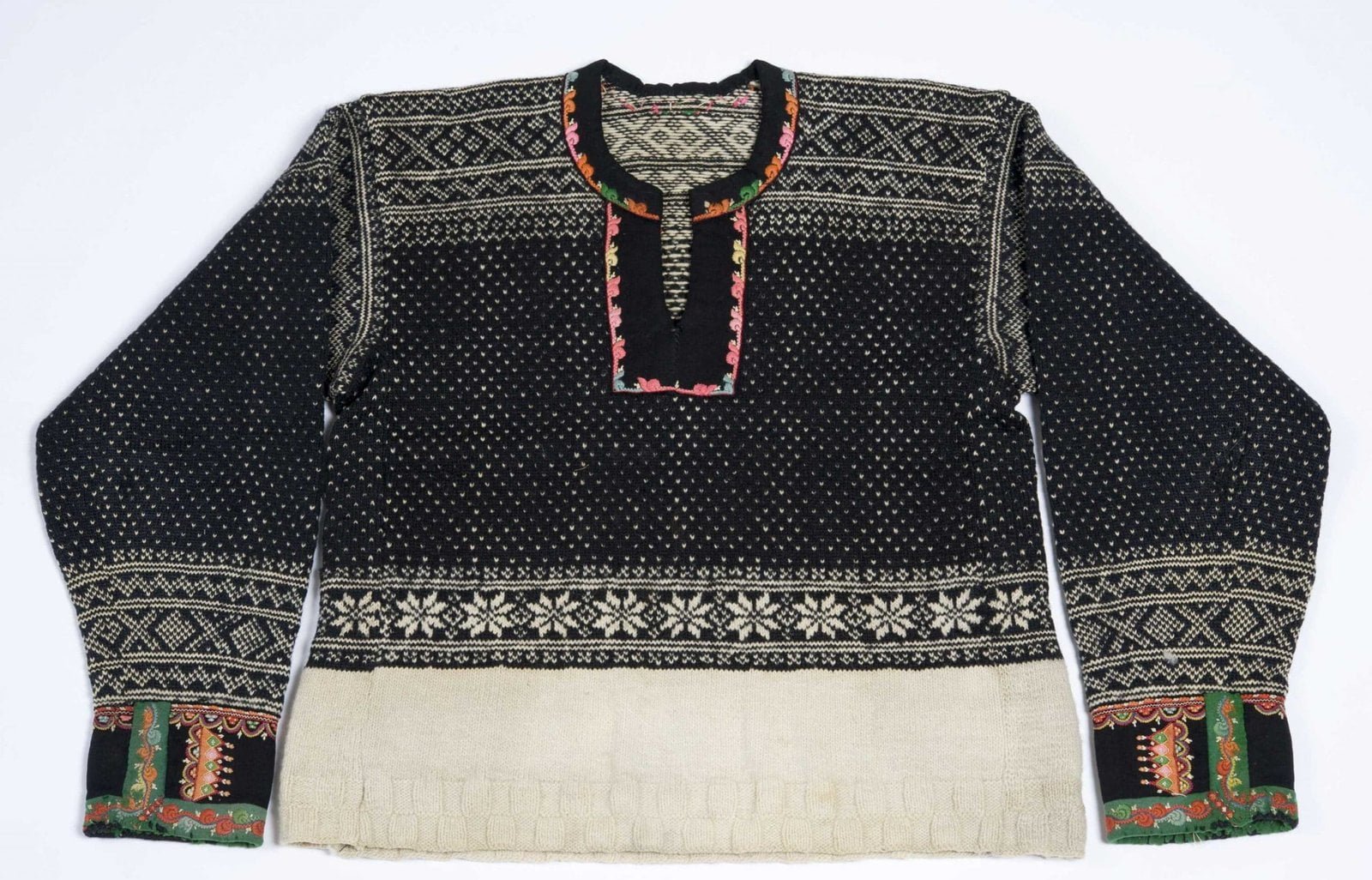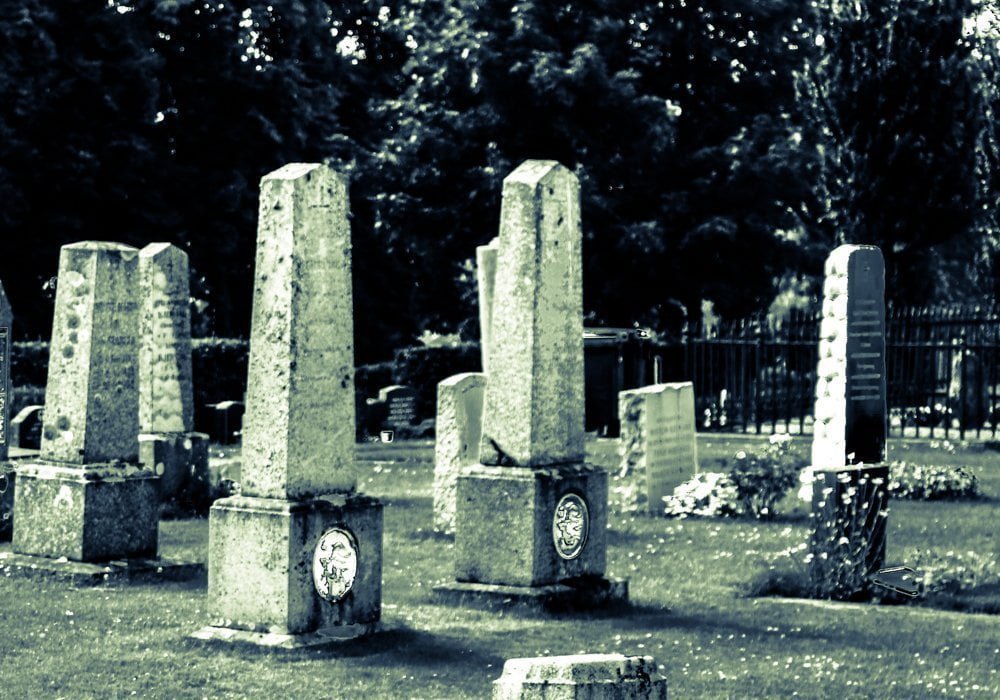Old Norwegian birth records
In old Norwegian birth records, you normally find one of two words recorded next to the name of every newborn child: uekte – or – ekte.
This tells us whether the child was born out of or in wedlock: uekte = illegitimate – ekte = legitimate.
To rub it in, the registrar, often the local priest, usually underlined the word uekte.
In other records or texts, you may also come across the expression født utenfor ekteskap = uekte = born out of wedlock.
Other meanings and old spellings
The Norwegian word uekte can also mean false, fake, imitation, not authentic or genuine, insincere. An old spelling of the word is uægte.
The Norwegian word ekte can also mean genuine, real, true. The word can also be a verb, which means to marry – å ekte. An old spelling of the word is ægte.
A patriarchal society
The historical Norwegian society and family structure were patriarchal.
Unless the father of a child born out of wedlock, or his family, specifically acknowledged the child as his, the child was seen as being a member of the mother’s clan – ætt.
This was particularly true during the pre-Christian era, which ended around the year AD 1000.
With the Christian church came an even more dogmatic stance on social behaviour and control.
Mother and child faced the stigma
In the Christian era, both the mother of a child born out of wedlock and the child itself often experienced harsh reactions from both the mother’s own family, the father’s family, the church, the local authorities, and the community in general.
This type of stigma continued well into our own time. The child’s father, strangely enough, paid much less of a social price, if any at all.
In fairness, it should be noted that many fathers, their families, and the mothers’ families, treated the uekte children well and gave them land and resources to help them on their way through life.
But it was not until AD 1915, that Norwegian children born out of wedlock got the legal right to inherit their fathers.
Emigrated away from social limitations
Between the mid-1800s and the early 1900s, more than 750,000 people left Norway to emigrate, predominantly to North America.
Many emigrated to escape poverty in the then overcrowded social structure of the old Norwegian farming society. But some also emigrated to start afresh, away from social stigma and limitations.
Sources: Haugen, Einar. Norwegian English dictionary. The University of Wisconsin Press 1967, 1974. | Det norske akademis ordbok naob.no | EGP.00024











